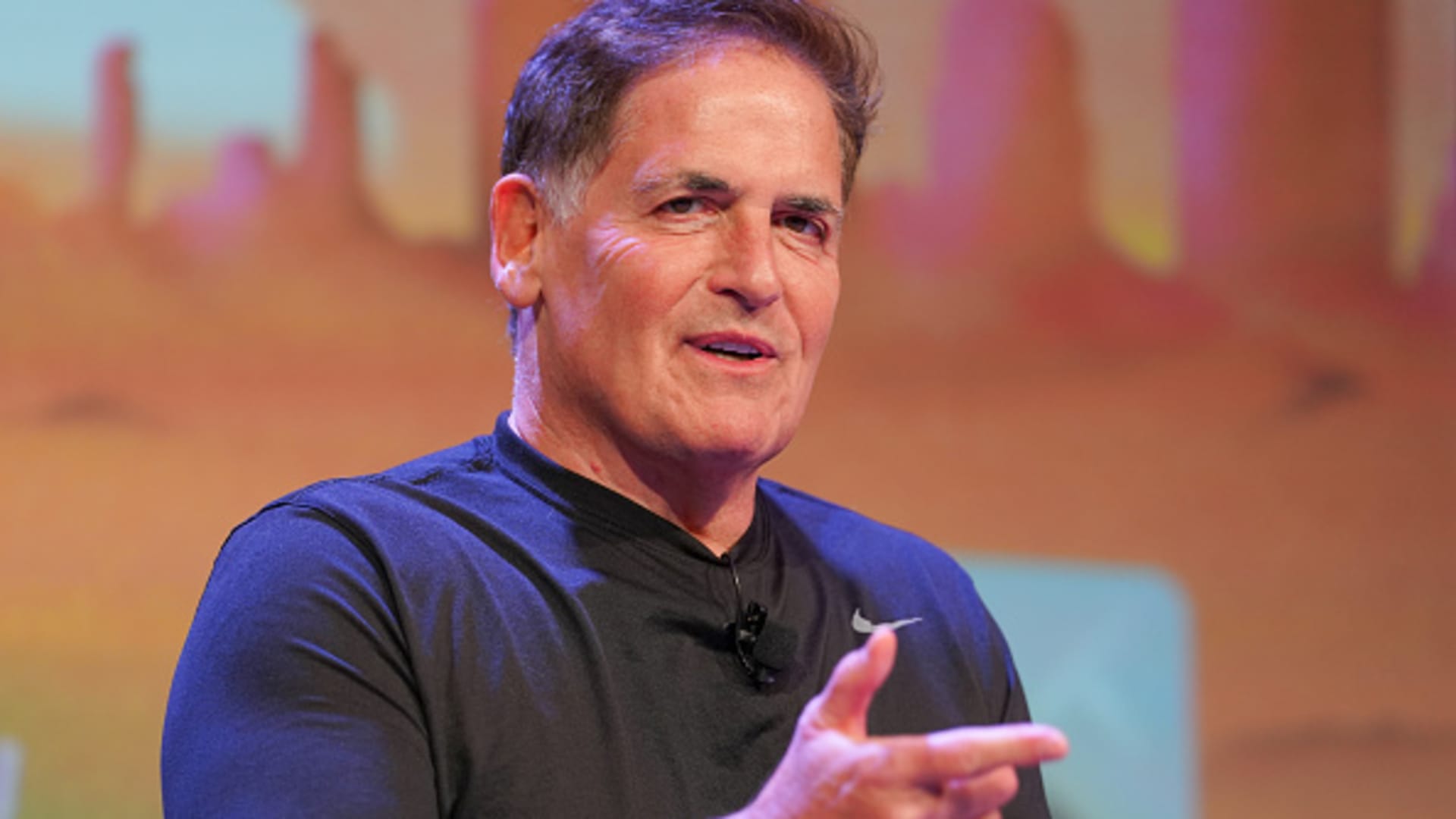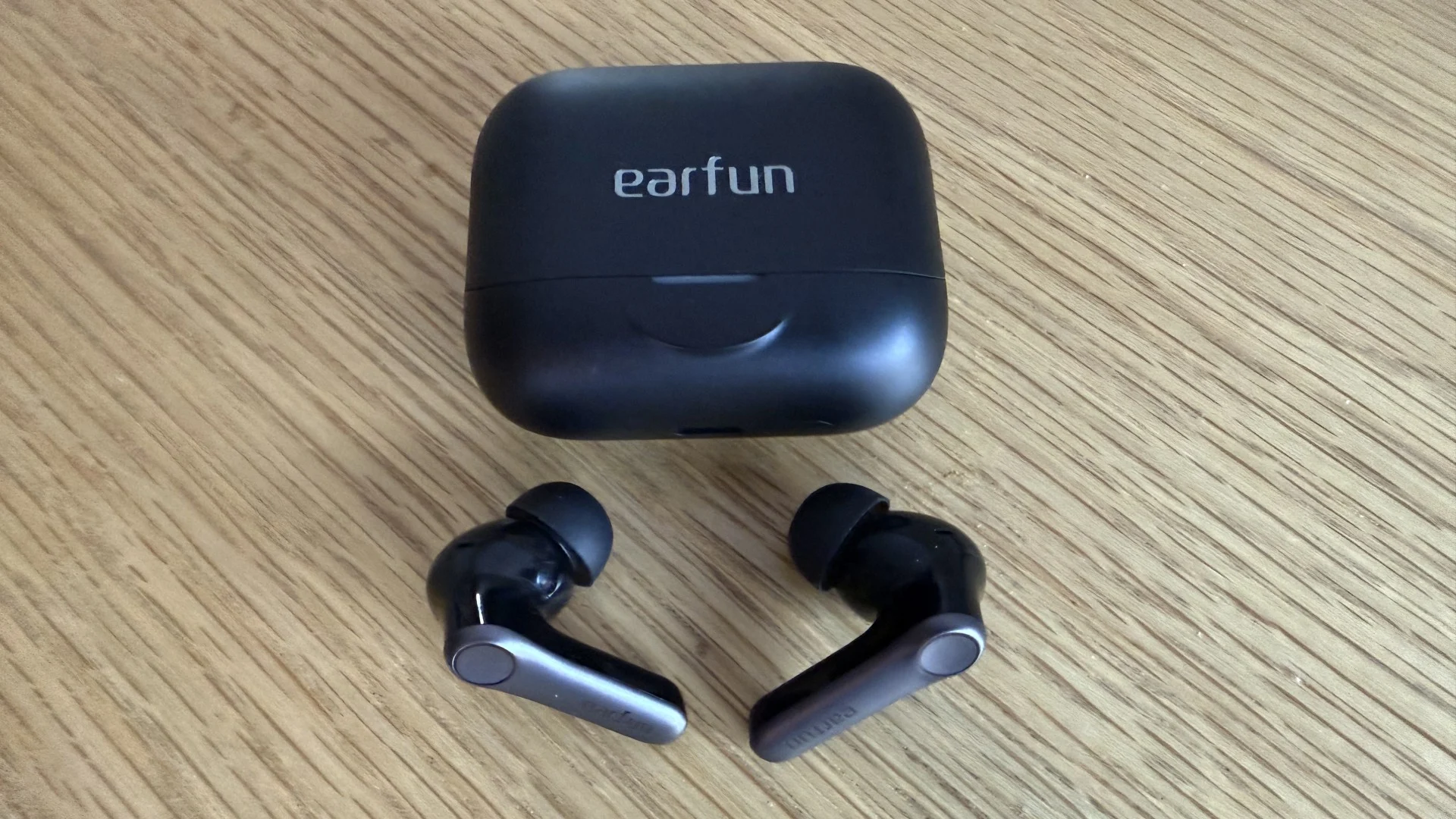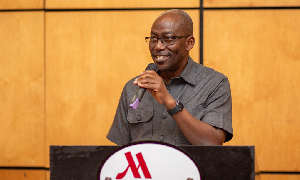Copyright CNBC

Tomorrow's leaders might be today's artificial intelligence-obsessed kids, according to billionaire serial entrepreneur Mark Cuban. "Students who use AI will produce better, more creative work and gain a collaborative relationship with technology that's needed in the future workplace," Cuban tells CNBC Make It, adding: "Students who use AI will be best equipped to lead." The students who will use AI to find the most success, now and in the future, are those who use the technology to enhance their own critical-thinking skills, rather than replace them, Cuban said. "Students using AI effectively know how to ask the right questions," because they have been given the opportunities to spend time getting comfortable using the technology, according to the billionaire. "They use strong inputs and apply critical thinking to evaluate results. AI helps students think bigger, but it doesn't make decisions," he said. DON'T MISS: The ultimate guide to using AI to communicate better Eighty-eight percent of U.S. teachers believe that learning AI skills is important for their students' future success, according to Samsung's new Solve for Tomorrow 2025 AI Readiness Study, which surveyed 620 public middle and high school teachers across the country. However, 81% are concerned that an over-reliance on AI technology will erode students' critical-thinking skills, according to the same study, which is set to fully publish on Monday. "Access is the biggest barrier" to students being taught how to best use AI tools effectively and ethically at school, added Cuban. Along with fellow entrepreneur Emma Grede, Cuban is partnering with Samsung's STEM resources initiative, Solve for Tomorrow, which plans to distribute $2 million worth of technology and AI training resources to 500 U.S. schools this year, Samsung is set to announce on Monday. Educators typically express concern that students will use AI tools to cheat, or that the information they get from AI chatbots and other models will include errors that spread misinformation. Those concerns are valid, research shows: AI assistants can make widespread mistakes, and the technology enables relatively low-effort creation and dissemination of fake images, audio and video. Yet some other experts agree with Cuban's assertion that students need to learn to use AI tools properly and productively to set themselves up for future success in the workplace. "AI isn't always a crutch, it can also be a coach," psychologist and author Angela Duckworth said in a May 2025 commencement speech at the University of Pennsylvania's Graduate School of Education. "In my view, [ChatGPT] has a hidden pedagogical superpower. It can teach by example." Cuban often likens the current AI boom to past technological revolutions, particularly the rise of computers and the internet, which helped spawn Cuban's own early entrepreneurial success. His frequent advice to students today: Spend as much time as possible familiarizing yourself with the latest AI tools and models, so you can impress future employers with your up-to-date prompt engineering and model customization skills. "Every single company needs that. There is nothing intuitive for a company to integrate AI, and that's what people don't understand," Cuban said on an episode of the "TBPN" podcast that aired on Aug. 20, adding: "That is going to be jobs left and right." Want to level up your AI skills? Sign up for Smarter by CNBC Make It's new online course, How To Use AI To Communicate Better At Work. Get specific prompts to optimize emails, memos and presentations for tone, context and audience.



